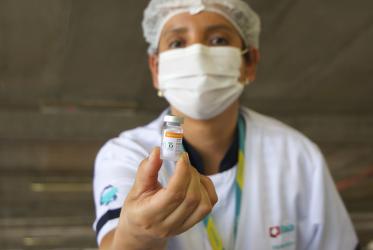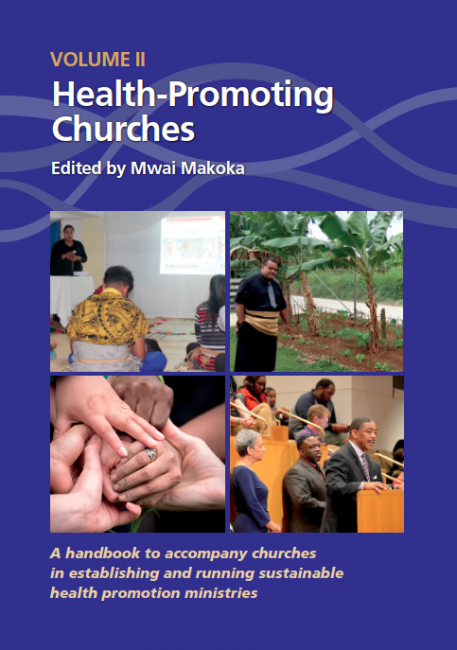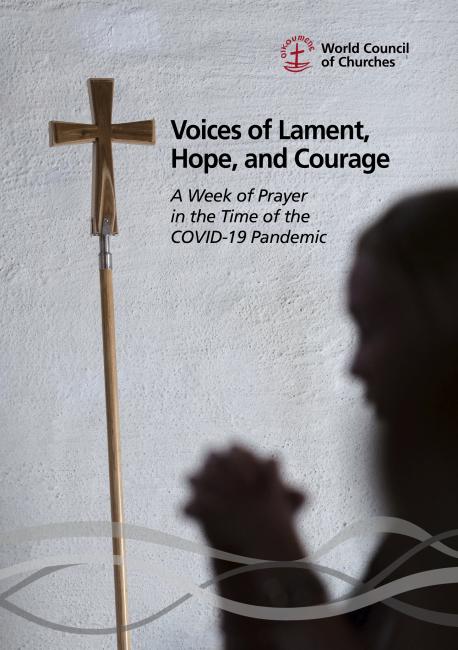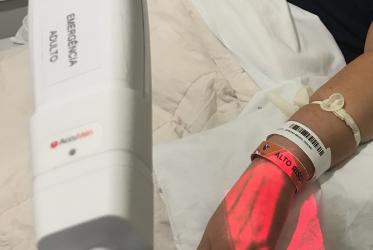Displaying 141 - 160 of 168
28 April 2021
Le COE répond à vos questions sur les vaccins
28 April 2021
Health-Promoting Churches Volume II:
A handbook to accompany churches in establishing and running sustainable health promotion ministries
28 April 2021
WCC answers your questions about vaccines
26 April 2021
Voces de lamento, esperanza y aliento
Semana de oración en tiempos de la pandemia de COVID-19
22 April 2021
Stimmen der Klage, der Hoffnung und des Mutes
Eine Gebetswoche in Zeiten der COVID-19-Pandemie
22 April 2021
Недоверие к вакцинации представляет еще одну проблему
23 March 2021
التردد في أخذ اللقاح يشكل تحدياً آخر
23 March 2021
Las dudas sobre la vacunación plantean otro desafío más
23 March 2021
Impfzögern führt zu neuen Herausforderungen
23 March 2021
Vaccination hesitance poses yet another challenge
18 March 2021
Voices of Lament, Hope, and Courage
A Week of Prayer in the Time of the COVID-19 Pandemic
18 March 2021






